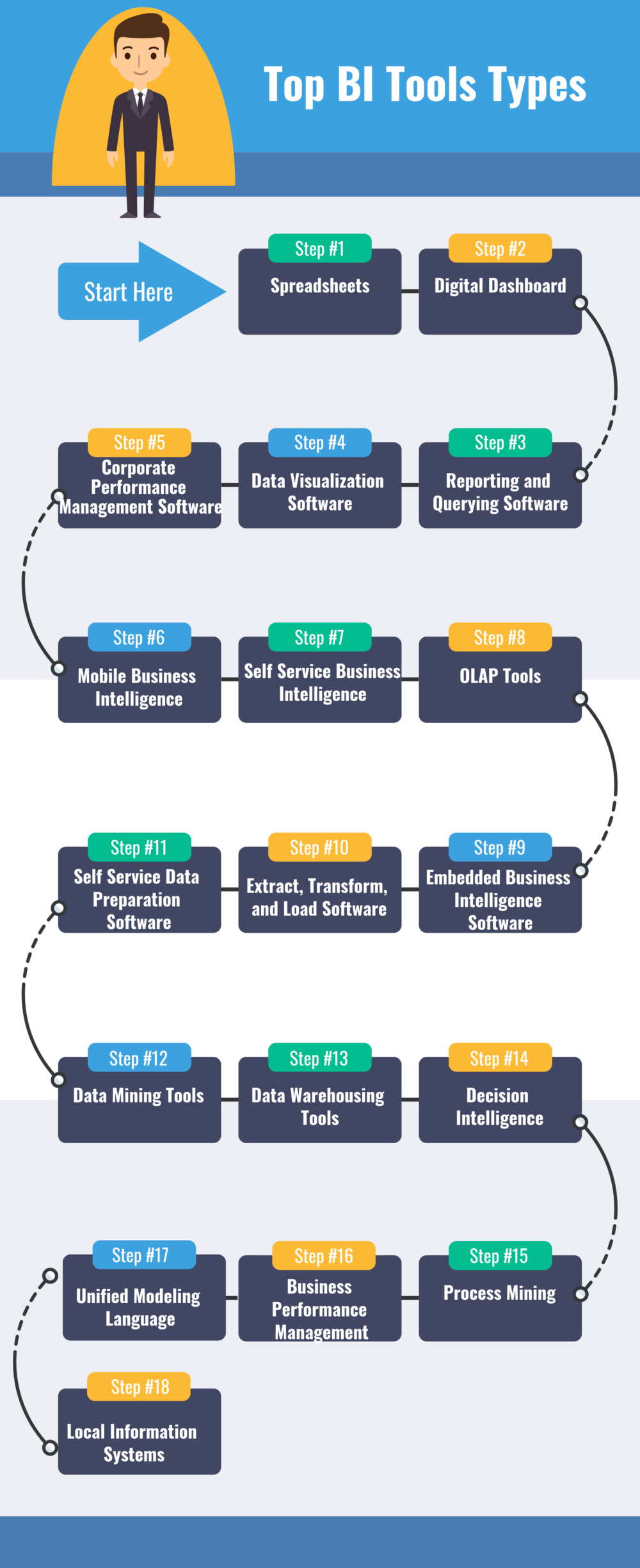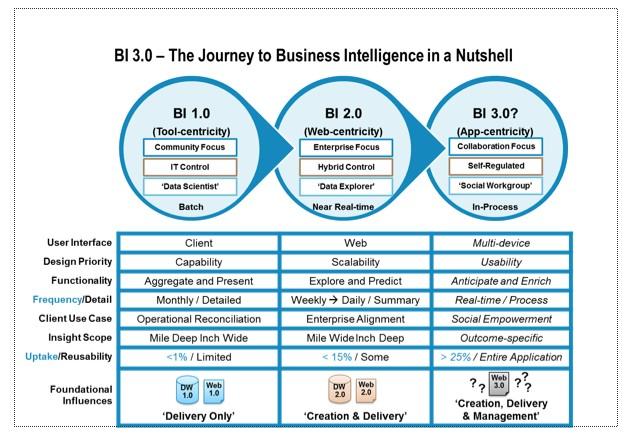Who Decides Fault in a Car Accident
So, you’ve been in a car accident. Maybe it was just a fender-bender, or maybe it was something more serious. Either way, you’re wondering how fault is going to be decided. After all, it’s not always clear who caused the accident. The good news is that there are a few different ways to determine fault in a car accident. In this article, we will discuss the various parties that may be involved in making this determination, including the police, insurance companies, and the courts.
The Police
In many cases, the police will be the first to arrive on the scene of a car accident. They will investigate the accident and write a report. This report will include information about the accident, such as the time and location of the accident, the names of the drivers involved, and the damage to the vehicles. The police report may also include the officer’s opinion about who caused the accident. However, it’s important to note that the police report is not always accurate. The officer may not have all of the information about the accident, and they may make mistakes. Therefore, it is important to not rely solely on the police report when determining fault in a car accident.
Insurance Companies
Once the police have investigated the accident, the insurance companies will get involved. Each insurance company will investigate the accident and determine who they believe is at fault. The insurance companies will then make a settlement offer to the other driver. If the other driver accepts the settlement offer, then the case will be closed. However, if the other driver does not accept the settlement offer, then the case may go to court.
The Courts
If the insurance companies cannot agree on who is at fault, then the case may go to court. A judge or jury will hear the evidence and decide who is at fault. The court’s decision will be binding on both parties. If a party is found to be at fault, they may be ordered to pay damages to the other party.
Who Decides Fault in a Car Accident?
After a car accident, the finger-pointing begins. But who ultimately decides who’s to blame? It’s not always a simple question to answer.
The process of assigning fault in a car accident can be complex and time-consuming. It often involves insurance companies, lawyers, and even the police. But ultimately, it’s up to the courts to decide who’s at fault.
Fault Determination by Insurance Companies
Insurance companies play a significant role in assigning fault in car accidents. They do this by investigating the accident and reviewing evidence such as police reports, witness statements, and photos. They also consider the laws of the state where the accident occurred.
Once the insurance company has completed its investigation, it will assign fault to one or both drivers. This determination will affect how much each driver’s insurance policy pays for damages.
If you disagree with the insurance company’s assessment of fault, you can file an appeal. You may also want to consult with an attorney to discuss your options.
To determine fault, insurance companies consider several factors, including:
- The driver’s actions leading up to the accident
- The condition of the vehicles involved
- The road conditions
- The weather conditions
- Any witnesses who saw the accident
Once the insurance company has considered all of these factors, it will make a determination of fault. This determination will be based on the preponderance of the evidence. This means that the insurance company must believe that it is more likely than not that the driver was at fault for the accident.
If the insurance company determines that the driver was at fault, it will assign a percentage of fault to the driver. This percentage will be used to calculate how much the driver’s insurance policy will pay for damages. For example, if the insurance company determines that the driver was 50% at fault for the accident, the driver’s insurance policy will pay 50% of the damages.
Who Decides Fault in a Car Accident?
Car accidents can be stressful, confusing, and expensive. One of the most important questions that need to be answered after a car accident is who is at fault. The answer to this question will determine who is responsible for paying for the damages. In most cases, the police will investigate the accident and issue a report. The police report will contain information about the accident, including the names of the drivers involved, the location of the accident, and the time of the accident. The police report will also contain information about any witnesses to the accident. Witness statements can be very helpful in determining fault in a car accident. They can provide information about what happened before, during, and after the accident.
Police Reports and Witness Statements
Police reports and witness statements are essential pieces of evidence used to determine fault. The police report will contain information about the accident, including the names of the drivers involved, the location of the accident, and the time of the accident. The police report will also contain information about any witnesses to the accident. Witness statements can be very helpful in determining fault in a car accident. They can provide information about what happened before, during, and after the accident. The police will investigate the accident and issue a report. The police report will be used to determine fault and liability.
Insurance Companies
Once the police have issued a report, the insurance companies of the drivers involved will begin to investigate the accident. The insurance companies will review the police report and the witness statements. They will also interview the drivers involved in the accident. The insurance companies will use this information to determine fault. Sometimes, the insurance companies will agree on who is at fault. However, if the insurance companies cannot agree, the case may go to court.
The Courts
If the insurance companies cannot agree on who is at fault, the case may go to court. The court will hear evidence from the drivers involved in the accident, the witnesses, and the police. The court will then make a decision about who is at fault. The court’s decision will be based on the evidence presented at trial.
Who Decides Fault in a Car Accident?
When two or more vehicles collide, determining who is at fault can be a complex and contentious issue. The answer often depends on the specific circumstances of the accident, the applicable laws in the jurisdiction where it occurred, and the evidence available.
Factors Considered in Determining Fault
Several factors are typically considered when determining fault in a car accident. These include:
- The driver’s actions: This includes whether the driver was speeding, driving under the influence of alcohol or drugs, or distracted by a cell phone or other electronic device.
- The condition of the vehicles: This includes whether the vehicles were properly maintained and equipped with safety features, such as airbags and anti-lock brakes.
- The condition of the roadway: This includes whether the road was slippery, had poor lighting, or had any other defects that could have contributed to the accident.
- The actions of other parties: This includes whether other drivers, pedestrians, or bicyclists contributed to the accident in any way.
Comparative Negligence Laws
In some states, comparative negligence laws allow for the assignment of fault to multiple parties involved in an accident. This means that even if one driver is found to be more at fault than the other, both drivers may still be held liable for damages.
There are different types of comparative negligence laws, including:
- Pure comparative negligence: This allows for the assignment of fault to multiple parties, even if one party is 99% at fault and the other party is only 1% at fault.
- Modified comparative negligence: This allows for the assignment of fault to multiple parties, but only if one party is less than a certain percentage (e.g., 50%) at fault.
- Contributory negligence: This bars a party from recovering damages if they are found to be even slightly at fault for the accident.
The Role of Insurance Companies
Insurance companies play a significant role in determining fault in car accidents. They investigate accidents, gather evidence, and negotiate settlements with the parties involved. In some cases, insurance companies may also file lawsuits to recover damages from at-fault drivers.
The Importance of Legal Representation
If you have been involved in a car accident, it is important to seek legal representation to protect your rights. An experienced attorney can help you investigate the accident, gather evidence, and negotiate a fair settlement with the insurance companies involved.
Who Decides Fault in a Car Accident?
When a car accident occurs, it can be a stressful and confusing experience. One of the first questions that you are likely to have is who will decide who is at fault for the accident. In most cases, the police officer who responds to the scene of the accident will conduct an investigation and will issue a traffic citation to the driver who they believe to be at fault. However, this is just the beginning of the process, and there are several other factors that can influence the determination of fault.
In some cases, the insurance companies of the drivers involved in the accident will conduct their own investigations and will make a determination of fault. This determination will be based on the evidence that they have gathered, such as the police report, witness statements, and photographs of the accident scene. If the insurance companies cannot agree on who is at fault, they may go to court to have a judge or jury decide.
Statute of Limitations
It is important to be aware of the statute of limitations for filing a claim after a car accident. This is the amount of time that you have to file a lawsuit against the driver who you believe to be at fault for the accident. The statute of limitations varies from state to state, but it is typically two years from the date of the accident. If you do not file a lawsuit within this time period, you will lose your right to do so.
Insurance Coverage
The insurance coverage that the drivers involved in the accident have will also play a role in the determination of fault. In most cases, the driver who is at fault for the accident will be responsible for paying for the damages caused by the accident. However, if the driver who is at fault does not have insurance, or if they do not have enough insurance to cover the damages, the other driver may be able to file a claim against their own insurance company.
Comparative Negligence
In some states, the concept of comparative negligence is used to determine fault in a car accident. This means that both drivers may be found to be at fault for the accident, and the amount of damages that each driver is responsible for will be reduced in proportion to their degree of fault. For example, if one driver is found to be 75% at fault for the accident and the other driver is found to be 25% at fault, the first driver will be responsible for 75% of the damages and the second driver will be responsible for 25% of the damages.
Witness Statements
Witness statements can be very helpful in determining fault in a car accident. If there were any witnesses to the accident, their statements can provide valuable information about what happened. The police officer who investigates the accident will typically interview any witnesses and will include their statements in the police report. If you were involved in a car accident, it is important to get the names and contact information of any witnesses who saw the accident. Their statements could help you to prove your case if you decide to file a lawsuit.
Who Decides Fault in a Car Accident?
Being involved in a car accident is an unnerving experience. The aftermath can be disorienting, with questions swirling about who will be held responsible for the damages and injuries. Determining fault in a car accident is a crucial step in seeking compensation and moving forward. So, who has the authority to decide who’s at fault?
Insurance Companies
Insurance companies play a significant role in assigning fault. They investigate the accident, gather evidence, and determine which driver or drivers were negligent. Their findings are based on factors such as witness statements, police reports, and physical evidence. The insurance companies then use their assessments to decide how to allocate fault and liability.
Law Enforcement
In certain cases, law enforcement may also determine fault. Police officers who respond to the accident scene can issue citations or make arrests based on their observations and witness accounts. Their reports can provide valuable information for insurance companies and courts when assigning fault.
Courts
If the insurance companies cannot agree on who is at fault, or if there is a dispute over the amount of compensation, the case may go to court. A judge or jury will hear the evidence presented by both sides and make a ruling on fault and damages.
Factors Considered
When determining fault in a car accident, several factors are taken into account. These include:
- Negligence: Did one or more drivers breach their duty of care to others on the road?
- Traffic violations: Were any traffic laws violated that contributed to the accident?
- Witness statements: Accounts from eyewitnesses can provide valuable insights into what happened.
- Physical evidence: Damage to the vehicles, skid marks, and other physical evidence can help reconstruct the accident and determine fault.
Consulting a Personal Injury Attorney
If you have been involved in a car accident, it’s wise to seek guidance from a personal injury attorney. An experienced lawyer can help you navigate the legal process, protect your rights, and maximize your compensation. They can investigate the accident, gather evidence, negotiate with insurance companies, and represent you in court if necessary. Don’t hesitate to reach out to an attorney if you need assistance.




Leave a Reply